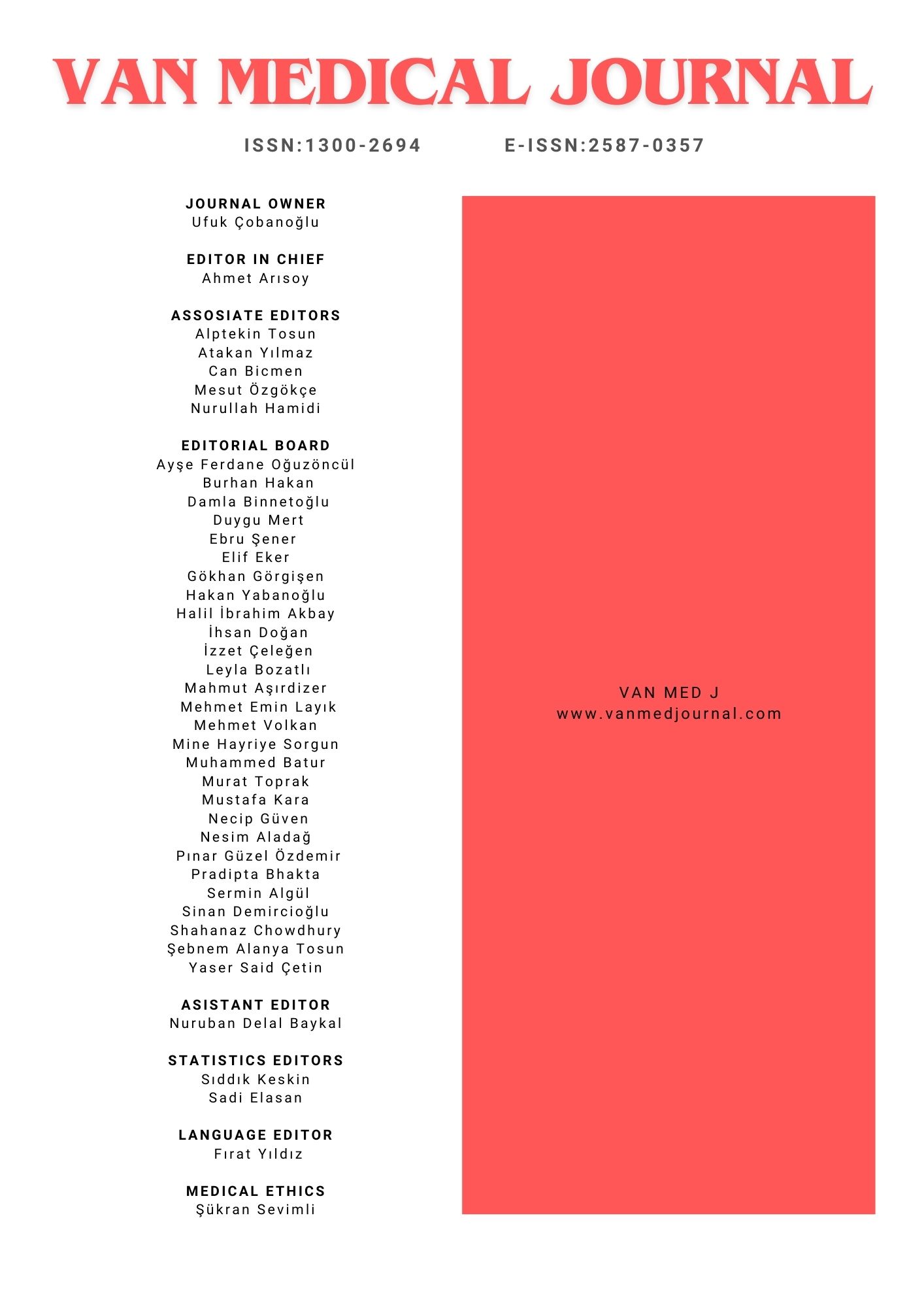Evaluating the Effectiveness of Community Engagement Strategies in Mitigating Mpox Outbreaks: Introducing AI and Blockchain Innovations for Enhanced Public Health Responses
Erlina Suci Astuti1, Ronal Surya Aditya2, Fitriana Kurniasari Sholikhah1, Qory Tifani Rahmatika31Poltekkes Kemenkes Malang2Faculty of Nursing, Universitas Jember
3Universitas Negeri Malang
INTRODUCTION: The Mpox outbreak in Africa has emerged as a significant public health challenge, necessitating a deeper understanding of its transmission dynamics, intervention strategies, and socio-cultural determinants. This study focuses on six African countries—Nigeria, the Democratic Republic of Congo (DRC), Cameroon, Ghana, Côte d'Ivoire, and the Republic of Congo—to evaluate the effectiveness of community engagement strategies tailored to local contexts.
METHODS: This study employs a descriptive-analytical retrospective design, integrating quantitative metrics (e.g., cases, fatality rates) with qualitative insights into socio-cultural challenges and healthcare limitations. Data were collected from verified secondary sources. Advanced statistical techniques, such as multivariate regression analysis and Bayesian modeling, were used to examine relationships between variables like healthcare access, digital literacy, and intervention outcomes.
RESULTS: Results reveal significant disparities in case distribution and intervention effectiveness across the six countries. For instance, Nigeria achieved 85% effectiveness through mass education campaigns, while Ghana reached 90% success using real-time reporting apps despite limited digital literacy. Challenges such as stigma, logistical barriers, and human-wildlife interactions persist, particularly in the DRC and Cameroon. The study underscores the importance of culturally appropriate interventions and robust healthcare systems in reducing Mpox transmission and mortality.
DISCUSSION AND CONCLUSION: This study provides a comprehensive analysis of Mpox outbreaks, emphasizing the critical role of localized strategies and technological innovations in mitigating transmission. These findings contribute to the growing body of knowledge on zoonotic disease management and provide actionable recommendations for addressing emerging infectious disease threats in resource-limited settings.
Manuscript Language: English

